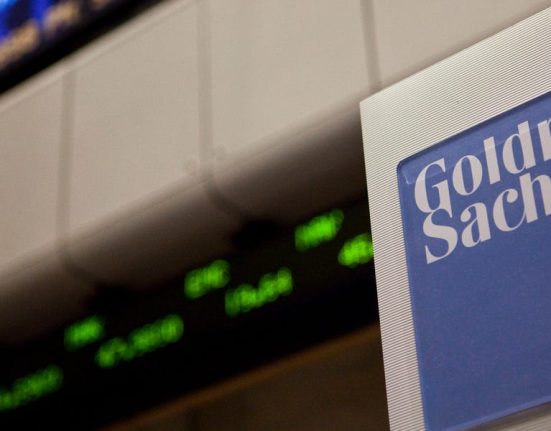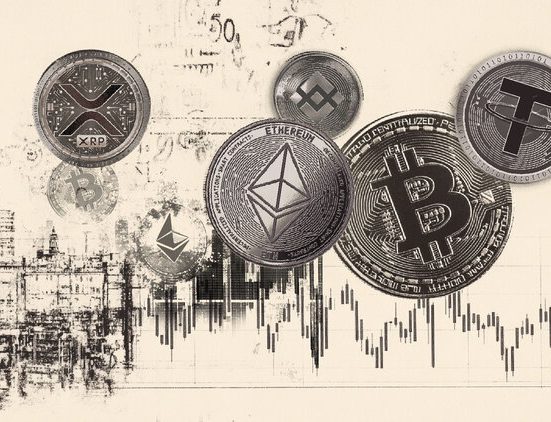Tourism-reliant Thailand will relax restrictions on foreign visitors converting digital-asset holdings into the baht to fund their travel expenses and spending while in the country.
The government wants to promote innovation and support the use of digital assets to stimulate Thailand’s tourism industry while offering convenient payment options for foreigners, Finance Minister Pichai Chunhavajira told a press briefing on Aug 18.
The so-called TouristDigipay programme will start its 18-month trial period through a regulatory sandbox in the fourth quarter, he added.
Digital assets cannot be used directly as a means of payment for goods and services – only for conversions into the baht – and merchants will receive payments only in baht, according to officials.
“We want to take every action to facilitate foreign tourists for their stays in Thailand,” said Mr Pichai. “This new programme adds a new innovation to replace overseas visitors’ cash and credit card use here.”
South-east Asia’s third-biggest economy is trying to lure international tourists from a wider range of countries, with visitors from China slumping amid safety concerns.
The government hopes to boost the flow of tourists from the Middle East and South-east Asia to help offset a 33 per cent drop in Chinese travellers in the first half of 2025, following news of Chinese actor Wang Xing’s kidnapping near Thailand’s border with Myanmar.
On Aug 18, Thailand’s main planning agency lowered its foreign tourist arrival forecast to 33 million in 2025 from 37 million earlier, citing a slump in the number of Chinese visitors.
The tourism industry makes up about 12 per cent of Thailand’s gross domestic product. Year-to-date tourist arrivals have topped 20.2 million as of Aug 10, down 6.9 per cent from the same period a year ago.
Foreign tourists who wish to convert digital assets into the baht to pay for goods and services must transact through licensed digital-asset business operators and e-money service providers, according to a finance ministry statement.
Spending through the programme is limited to 500,000 baht (S$19,750) per month. Those limits, alongside strict requirements around opening new accounts and activating e-wallets, are designed to prevent money laundering, according to Mr Pichai. BLOOMBERG






